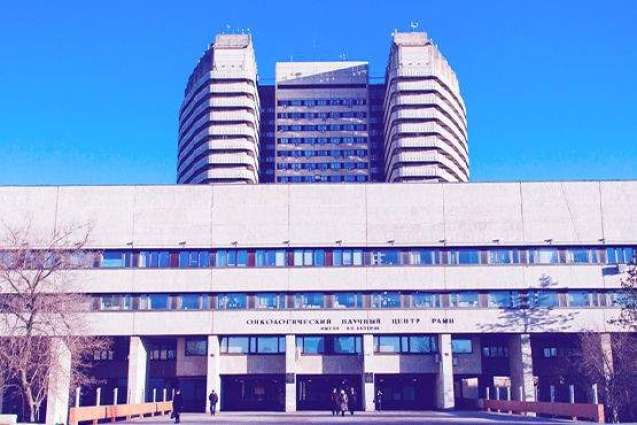The initial secrecy surrounding the 1986 reactor meltdown at the Chernobyl Nuclear Power Plant led to a spike in thyroid cancer among minors for years on end as people continued to consume contaminated food, Ilya Romanov, the leading thyroid cancer expert at the National Medical Research Center of Oncology named after N.N. Blokhin, told Sputnik
MOSCOW (Pakistan Point News / Sputnik - 26th April, 2021) The initial secrecy surrounding the 1986 reactor meltdown at the Chernobyl Nuclear Power Plant led to a spike in thyroid cancer among minors for years on end as people continued to consume contaminated food, Ilya Romanov, the leading thyroid cancer expert at the National Medical Research Center of Oncology named after N.N. Blokhin, told Sputnik.
"A spike in incidence took place among children aged up to five years and children from 10 to 15 years. Thyroid cancer is a rare disease among kids, one case per million kids. However, the numbers are much higher among the children who were in the area of contamination. From 1975 to 1985 there was up to 70 detected cases of thyroid cancer, and from 1986 and 1990 there was 7,000 confirmed patients," Romanov said.
The medical expert explained that the thyroid gland is very sensitive to a dissolved isotope of iodine in the blood. When radioactive iodine enters the bloodstream it ends up in the thyroid gland's follicular cells, emitting radiation.
"After the reactor meltdown in Chernobyl, there was an emission of isotopes of iodine, which have a short life span. Iodine dissolves within several days, so the first days are the worst. And these few days of keeping the situation under wraps turned out to be fatal. People continued consuming food, drink milk, and all got contaminated," Romanov stressed.
The explosion at the Chernobyl NPP in Soviet Ukraine took place in the early hours of April 26, 1986. Nearly 3,000 square miles of territory in northern Ukraine and parts of Belarus have been depopulated, with 1,000 square miles considered an exclusion zone due to elevated levels of radiation. The Chernobyl disaster is widely considered the worst nuclear accident in history. In the wake of the accident, the Soviet leadership faced widespread criticism for not immediately reporting the accident.




